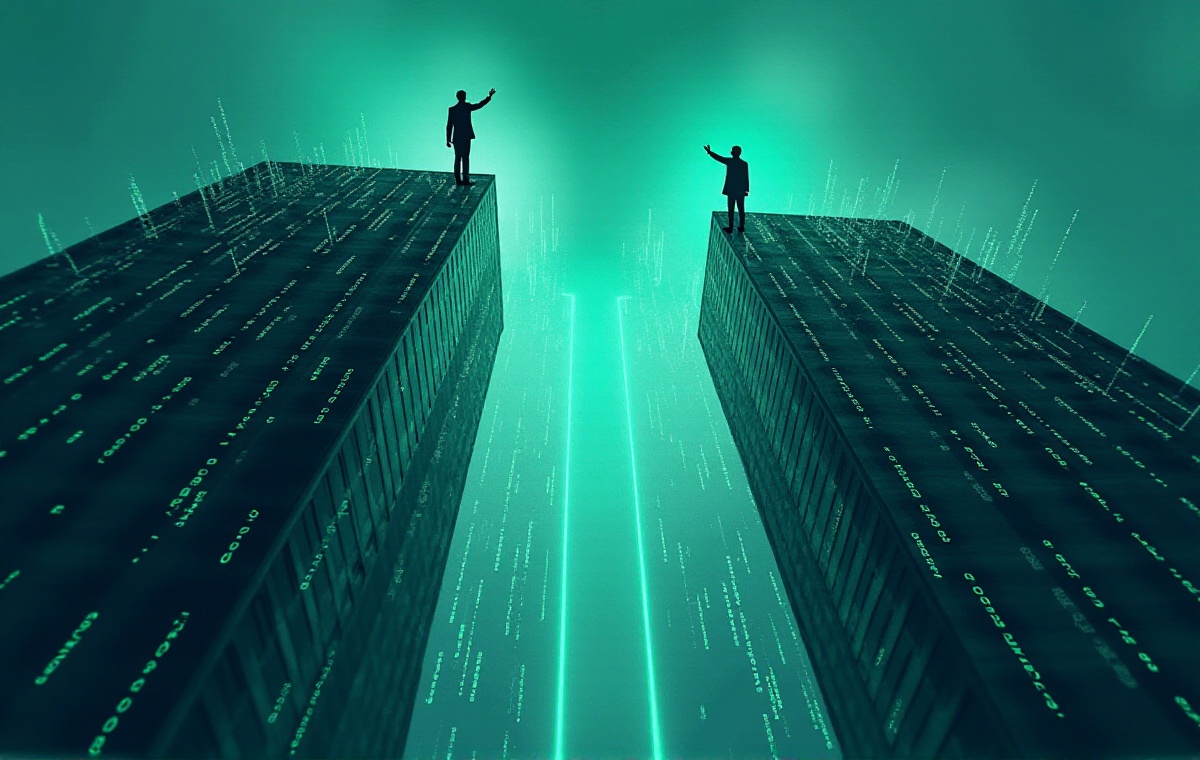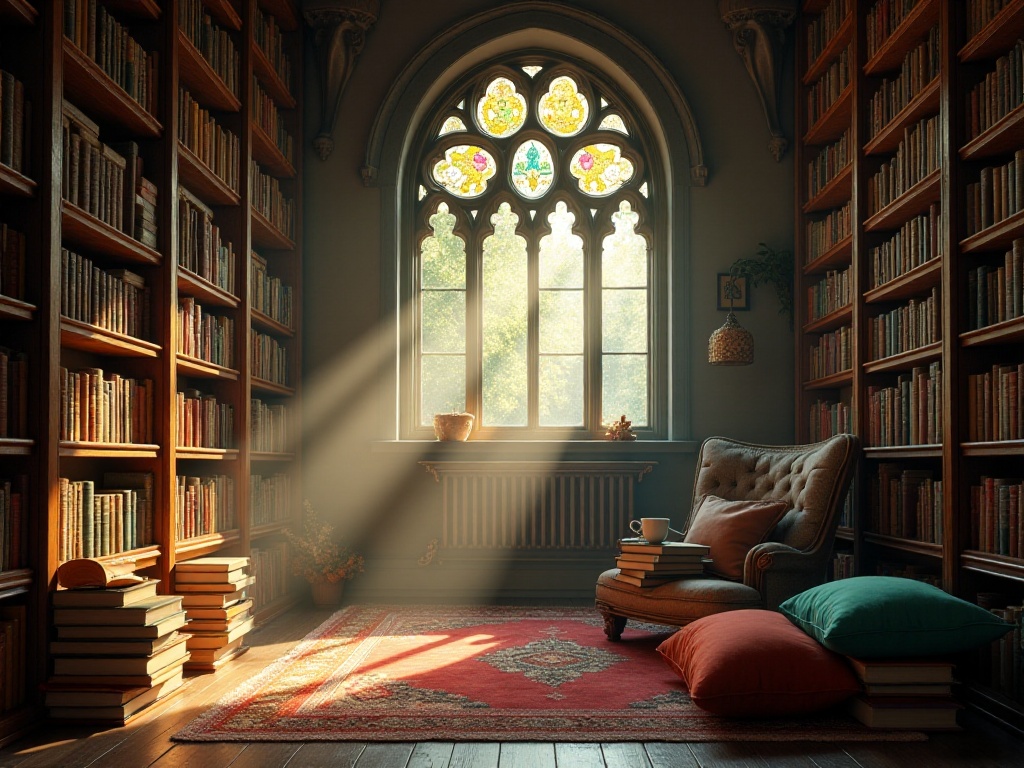Preface
Recently I've seen many friends complaining on social media about how boring life is - just working, going home, scrolling on phones, and sleeping, feeling that life is particularly monotonous. I used to be like that too, but after years of exploration and experimentation, I've truly discovered that entertainment is a subject that needs careful study. Today I'd like to share my insights with everyone, hoping to provide some inspiration.
The Essence of Entertainment
To be honest, I used to have a very narrow understanding of entertainment, thinking it was just about playing games, watching videos, and following TV shows. Until one time, I chatted with a cultural studies scholar who told me many interesting stories about the history of human entertainment, and I suddenly realized how vast the scope of entertainment could be.
For example, in ancient times, nobles would hold grand court banquets with not only fine food but also dance performances and poetry recitations; while common people would attend temple fairs during festivals to watch acrobatics, listen to storytelling, and play folk games. In modern times, we have even more diverse forms of entertainment: music festivals, art exhibitions, stand-up comedy, escape rooms, esports, and so on. The forms of entertainment evolve with time, but its essence has never changed.
So what is the essence of entertainment? After years of thinking and experience, I believe the essence of entertainment is to gain pleasure and satisfaction. This pleasure and satisfaction might come from sensory enjoyment, like listening to good music; from intellectual challenges, like solving a complex puzzle; or from social interaction, like playing sports and chatting with friends.
I've noticed an interesting phenomenon: with the same game, some people can derive great pleasure from it while others always find it boring; with the same movie, some people can notice many details and deeper meanings while others might only remember the basic plot. This shows that the quality of entertainment depends not only on the form itself but more on how we experience and participate in it.
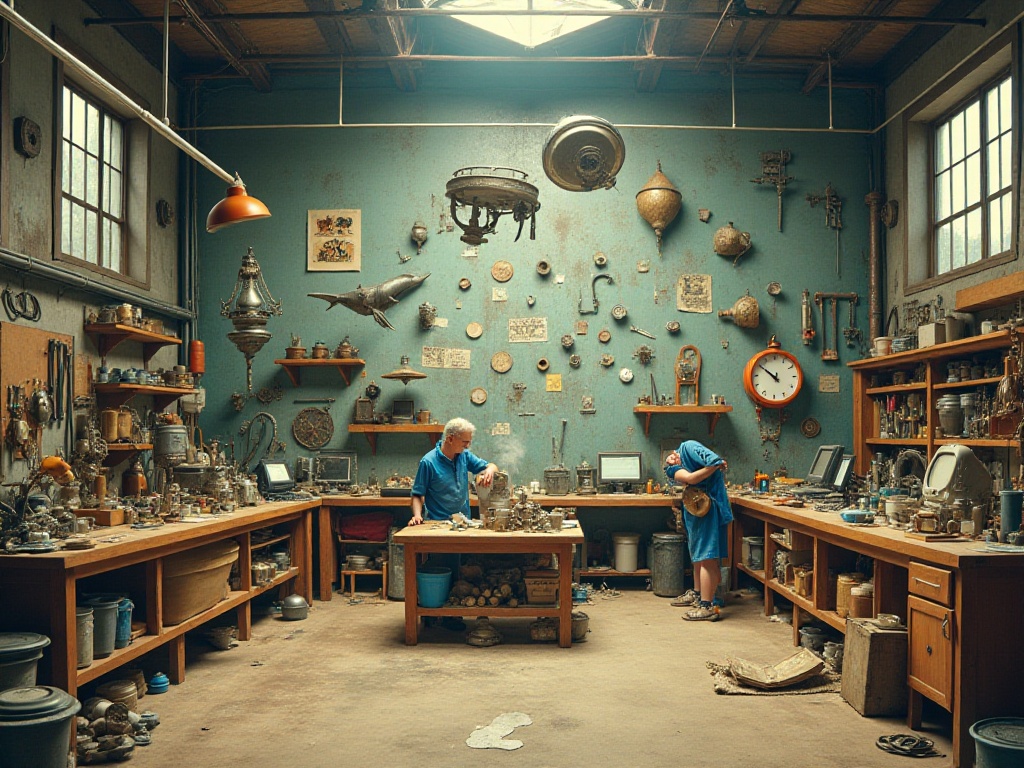
Common Misconceptions About Entertainment
Through observing my friends and my own experiences, I've found that many people have fallen into some misconceptions about entertainment.
The first common misconception is "just finding something to kill time." My colleague Xiao Wang is like this - every day after work he lies in bed scrolling through short videos, from food to comedy, from gossip to knowledge, watching a bit of everything but seemingly absorbing nothing. Once I asked him, "Do you really feel relaxed watching videos like this?" After thinking, he said, "I don't really feel particularly relaxed, but I just can't stop." And the next day at work, he always seems especially tired and can't concentrate.
This kind of purposeless "time-killing" entertainment might seem relaxing on the surface, but actually wastes time without bringing real happiness. It's like fast food - while it can temporarily satisfy hunger, it's not good for the body in the long run.
The second misconception is "happiness can be bought with money." There are indeed many high-end entertainment venues and activities now, often costing hundreds or thousands. I know a girl who particularly likes going to high-end spa clubs, spending several thousand each time. But once she told me, "Actually, after each spa, that relaxed feeling only lasts for a day or two, and then I start feeling anxious again."
In contrast, I really admire Auntie Zhang from our community. She's a retired teacher who lives a very fulfilling life. With just an ordinary smartphone and a yoga mat, she lives a rich and colorful life. Every morning she practices yoga following online videos, saying this not only saves money on yoga classes but also allows her to go at her own pace. In the afternoon, she participates in the community book club, sharing reading insights with other seniors. In the evening, she dances in the square with her sisters and chats. She often says, "Entertainment isn't about how much money you spend, but about how you experience and enjoy it."
The third misconception is "entertainment means completely emptying your mind." Some people think entertainment means thinking about nothing and completely relaxing. But in reality, this completely passive form of entertainment often doesn't work well. My friend Xiao Li has deep experience with this - he used to just lie at home watching TV series on weekends, but ended up feeling more and more empty. Later, he started learning photography, and although it requires thinking about technical issues like composition and lighting, he actually feels more fulfilled, getting a great sense of achievement every time he takes good photos.
The fourth misconception is "entertainment and work must be strictly separated." Many people think work is work and entertainment is entertainment, and the two can't be mixed. But actually, appropriately combining work and entertainment can work better. For example, there's a designer in our company who really likes playing games, and he often gets inspiration from games, incorporating game elements into his design work, making work more interesting while achieving good results.

Methodology of Entertainment
After years of practice and summary, I've gradually developed a methodology for improving the quality of entertainment.
First is establishing an "entertainment menu." Just like we need a balanced diet, entertainment also needs to be diverse. I've categorized my entertainment activities into several types: sports, cultural, social, creative, etc. Sports include badminton, swimming, fitness; cultural includes reading, visiting exhibitions, attending concerts; social includes meeting friends and joining interest groups; creative includes learning instruments, painting, etc. Every week I look at this "menu" to arrange activities, ensuring all types are covered.
The benefit of doing this is that different types of entertainment activities bring me happiness in different dimensions. For example, sports keep me physically healthy and release stress; cultural activities broaden my horizons and enrich my spiritual world; social activities satisfy my need for interaction with others; creative activities bring me a sense of achievement.
Second is setting "entertainment goals." Many people might think it's strange to set goals for entertainment, but I've found it very effective. Last year I set myself a goal: to learn to play ten classical guitar pieces. To achieve this goal, I would practice at fixed times every week and found an online teacher for guidance. Although I encountered many difficulties in the process, with some pieces requiring many repetitions to play well, mastering each new piece brought great satisfaction.
Now I can play all ten pieces completely, and with this foundation, I can even figure out some new pieces on my own. This goal-oriented approach to entertainment not only helped me gain new skills but also made the whole process more interesting.
Third is emphasizing the "ritual sense" of entertainment. Many people might think entertainment should be casual, but I've found that adding some ritual to entertainment activities can make the experience richer.
Take watching movies for example - our experience watching "Oppenheimer" was particularly memorable. We started preparing two weeks in advance, with everyone learning some physics knowledge and historical background. On the day of the movie, we deliberately chose the best theater and arranged to discuss it at a café afterward. We spent the whole afternoon talking about details in the movie, the director's expression techniques, historical accuracy, etc., having a very lively discussion. This kind of viewing experience is much more interesting than just randomly finding a movie to kill time.
Finally is cultivating "entertainment focus." Many people now have attention problems, often jumping to the next video before finishing the current one when scrolling on phones, making it difficult to get real happiness. I've developed a habit of focusing on the current activity when entertaining. For example, when reading, I put my phone on silent; when playing sports, I focus on enjoying the pleasure of exercise without letting my mind wander.
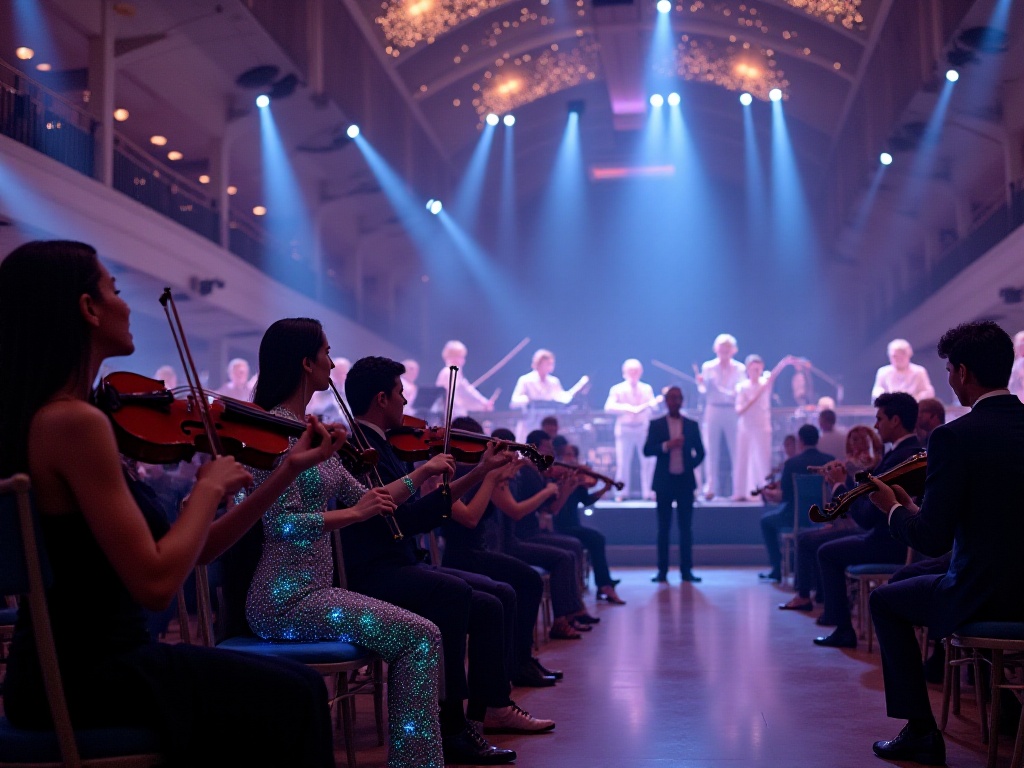
Entertainment Tips
Speaking of specific entertainment techniques, let me share several methods I find particularly useful.
First are techniques for enhancing movie-watching experience. I especially recommend watching movies by director, that is, watching all works by the same director in chronological order. I recently did this with Hirokazu Kore-eda's films, from his early work "Still Walking" to recent "Shoplifters," clearly seeing his changes and growth in expression methods and theme exploration. After watching, I wrote a viewing note specifically to record my feelings and thoughts.
This way of watching movies gives me a deeper understanding of films. I pay attention to common elements in the director's works from different periods, like frequently used shooting techniques and recurring themes. This not only enhances viewing interest but also cultivates artistic appreciation ability.
Second are reading techniques. I now use a "multiple consumption" approach. Taking "Sapiens" as an example, I first listen to it on an audiobook app to understand the content framework; then read the physical book, focusing on interesting chapters and highlighting; finally use the e-book to search and organize important content, as e-books are convenient for retrieval and excerpting.
This reading method might seem complicated but actually greatly improves reading efficiency and quality. Audiobooks can utilize fragmentary time, like during commuting; physical books allow for more focused reading and note-taking; e-books are convenient for searching and reviewing anytime. Moreover, different forms of reading help leave deeper impressions of the content in mind.
Let's talk about sports techniques. Many people find exercise boring, but it becomes much more interesting if you can visualize exercise data. Many fitness apps now have data analysis functions that can record exercise distance, time, calories burned, and other information, and generate various beautiful data charts.
I've been recording data with fitness apps for three years, and every time I see those rising curves, I feel a great sense of achievement. Plus, these data help me adjust exercise plans timely, like reminding myself to increase exercise when I notice a significant decrease in exercise volume in a certain month.
Finally are social entertainment techniques. I've found many people easily feel awkward or bored in social activities, but the key is finding suitable social circles and activity forms. I now participate in several interest groups, including book clubs, photography teams, hiking groups, etc., where people gather because of common interests. Such social activities become very natural because everyone has common topics and activity goals.
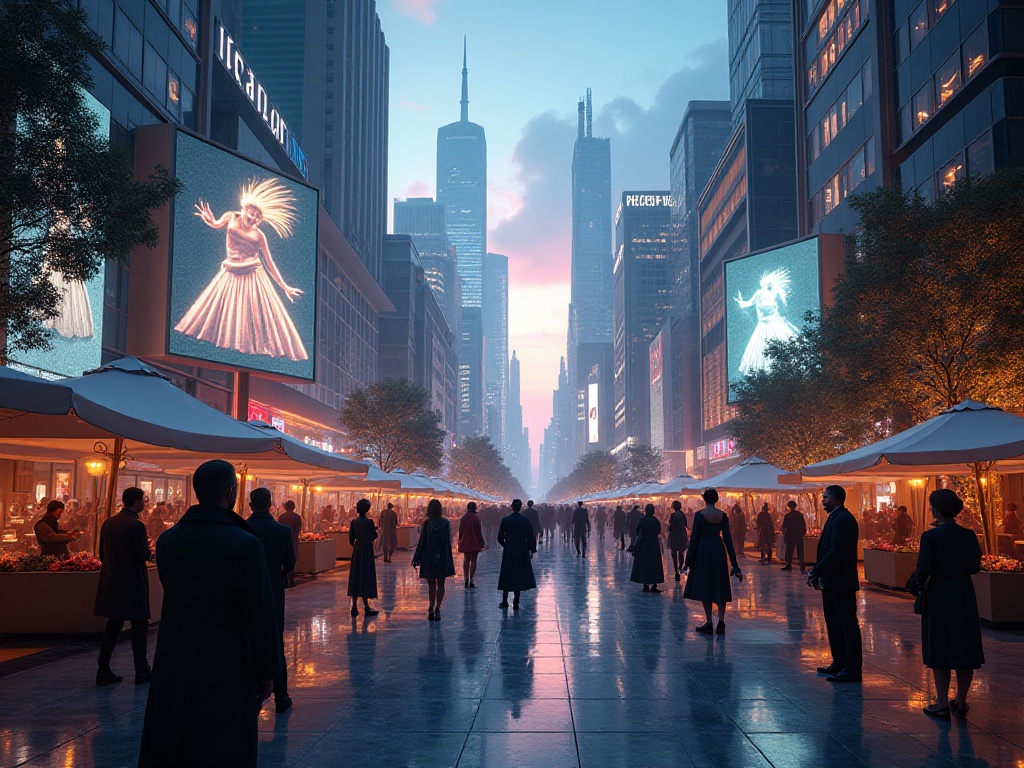
Conclusion
Through years of practice and reflection, I've truly deeply realized: entertainment is not simple recreation, but an important way to improve life quality. Good entertainment methods can help us grow and improve while relaxing.
Just like learning and work need methods, entertainment also needs our careful management. I hope through sharing this article, everyone can have a new understanding of entertainment and find more suitable entertainment methods for themselves. Actually, everyone can be a designer of their own life, making ordinary days extraordinary.
Finally, I'd particularly like to hear everyone's thoughts. How do you arrange your entertainment life? Do you have any particularly useful entertainment techniques? Or have you gained any special experiences and insights through entertainment? Welcome to share and discuss in the comments section.



